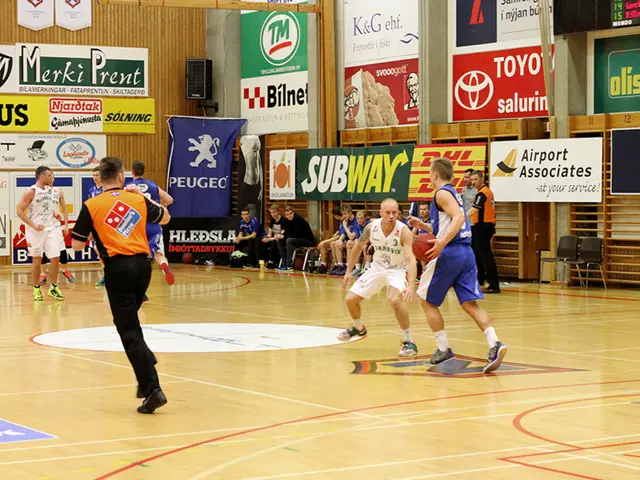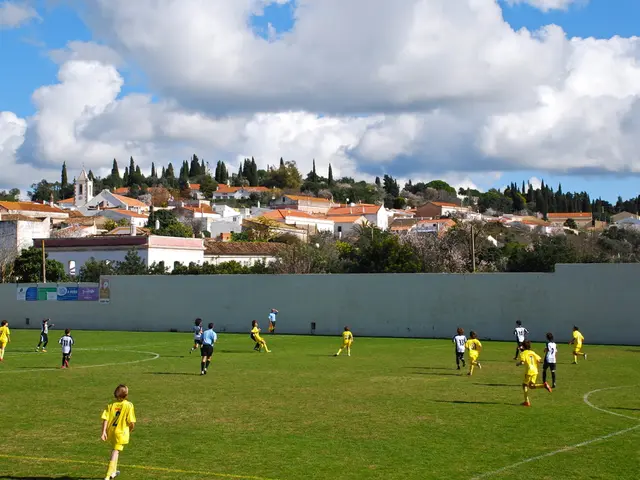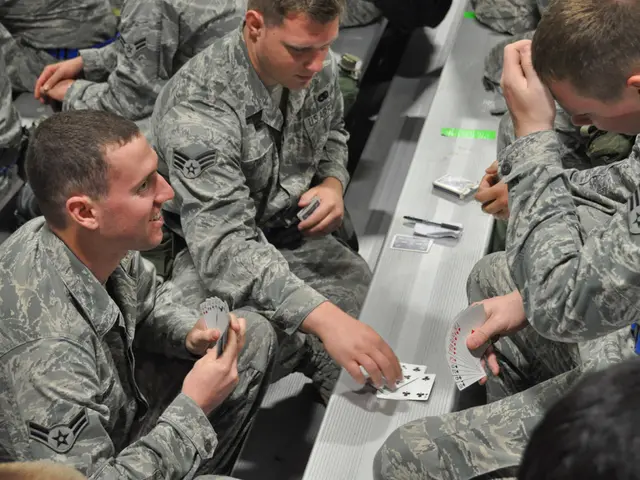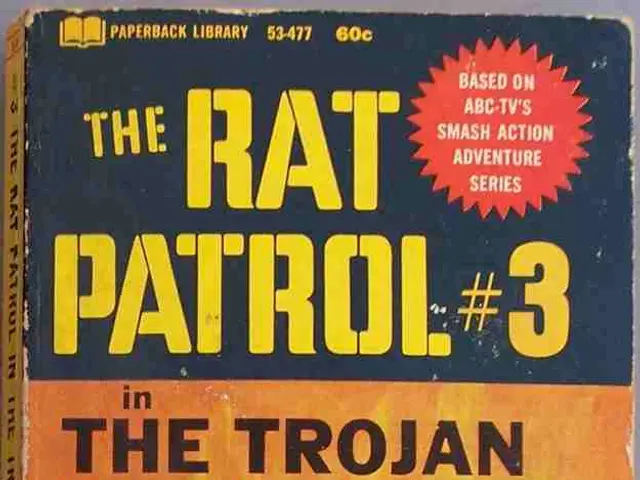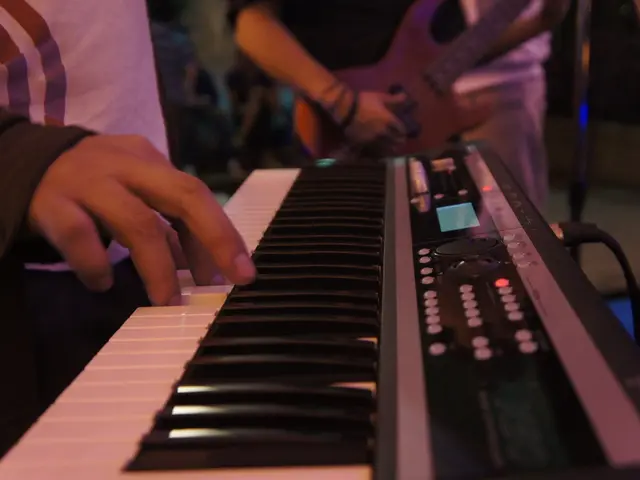Ukraine Establishes Support Center for Individuals Struggling with Gambling Dependency
"Embrace LifeSpace" - the venture of the Responsible Gaming Center, designed to offer a helping hand to gamers without the fear of judgment. The vision behind it is to reframe gambling as a form of relaxation rather than a source of income or a daily habit. LifeSpace plans to encourage individuals to approach gaming like visiting a movie theater or a coffee shop, with time and money limitations.
Konstantin Aymedov, the medical lead of the Responsible Gaming Center, underscores LifeSpace's family-focused approach. This strategy aims to aid not only the individual grappling with addiction but also their family, friends, and immediate surroundings.
He also mentions the center's goal to identify and support those struggling with addiction, offering long-term assistance.
Tatiana Synitskaya, the head of the psychological direction, explains that they plan to cater to various groups of people. The first group encompasses individuals exhibiting gambling-related symptoms but no full-blown addiction. These folks will find support, recovery, and stress resilience within group settings.
The second group consists of those battling gambling addiction. Psychologists will diagnose and address the root causes, often stemming from unmet needs or family relationship issues.
The main hurdle for addicts, according to Synitskaya, is maintaining motivation. They'll need help to comprehend that a brighter future is possible without addiction.
The center intends to help addicts build stress resilience, emotional intelligence, and reintegrate into society.
The third group is the relatives of problematic gamblers. They hope to help these family members too, preventing potential co-dependency that can hinder recovery.
To reach out to more people, LifeSpace plans to offer remote counseling services and may develop programs suitable for a wide range of Ukrainians.
Lubomir Pitel, the project manager and lawyer, highlights LifeSpace's focus on providing comprehensive aid. This includes assisting individuals with legal issues related to gambling addiction, such as restricting access to credit and preventing microloans.
The team behind LifeSpace encourages people to reach out for help by dialing their hotline at 0 800 336 105 or 096 361 88 48. They emphasize that the services are confidential and provided free of charge.
Author: Alina Shvets
With LifeSpace, the Responsible Gaming Center offers a variety of additional services and strategies beyond traditional treatment. These include remote support, family involvement, legal assistance, information and referral, and community participation. The integration of remote support and legal aid reflects the project's commitment to accessible, well-rounded care. This holistic approach aligns with best practices in addiction recovery, emphasizing the need for multi-faceted interventions including family involvement and community engagement, alongside clinical treatment and legal support.
- Konstantin Aymedov, the medical lead, emphasizes LifeSpace's family-focused approach, aiming to aid not only the individual dealing with an addiction but also their family, friends, and immediate surroundings.
- Tatiana Synitskaya, the head of the psychological direction, explains that LifeSpace intends to cater to various groups of people, including those exhibiting symptoms of gambling addiction but not yet fully addicted, who will find support, recovery, and stress resilience within group settings.
- Synitskaya also mentions that LifeSpace plans to cater to those battling gambling addiction, offering diagnostics, addressing the root causes, and providing assistance to help addicts build stress resilience, emotional intelligence, and reintegrate into society.
- In addition, the center plans to offer help to the relatives of problematic gamblers, preventing potential co-dependency that can hinder recovery.
- Lubomir Pitel, the project manager and lawyer, highlights LifeSpace's focus on providing comprehensive aid, including assistance in legal issues related to gambling addiction, such as restricting access to credit and preventing microloans.

